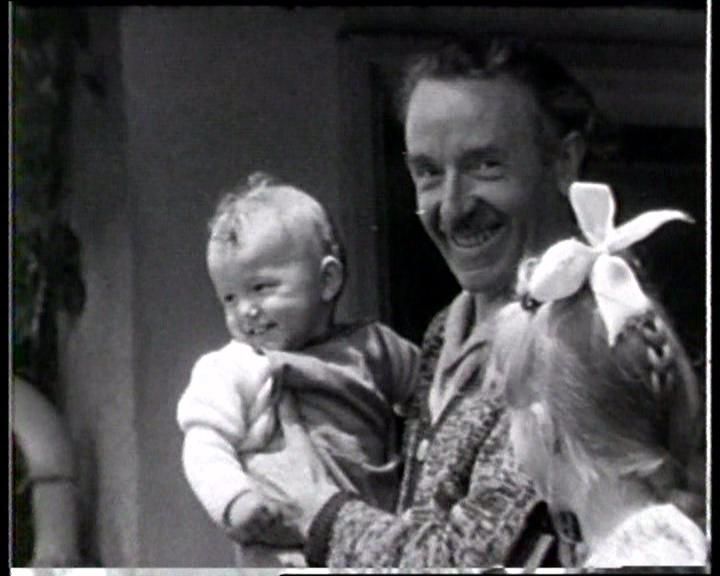Alternative Education: Freinet pedagogical approach, interview with Marc Audent, teacher and researcher
Mr. Marc Audet is a retired teacher and a researcher who has thirty-five years teaching experience. He was one of the advocates of the Freinet approach in Quebec in 1982. Hr. Audet kindly responded to our questions regarding this approach.
How is Freinet pedagogical approach different from the Montessori approach?

Regarding Montessori, apart from its openness to people and its humanist approach, my understanding of it is that the generous ideas of Montessori have created a method that the experts apply to their teaching by following its principles. In the Freinet approach, the personality of the teacher plays a very crucial role to the extent that one can argue that there are as many principles as teachers. We all agree on the principles and values that guide us but each of us has their own uniqueness and strengths based on which we choose our teaching method. Our classes resemble each other but are different at the same time. Although we use traditional tools that have been proven successful, we also use our own tools and techniques based on the questions that are posed by students in class.
As Freinet pedagogical approach’s purpose is to help children take control of their actions as well as their learning, it could be regarded as the pedagogy of liberation. Children do not actively participate in their school life offered to them unless they are given the real opportunity to take control of their own growth. The cooperative nature of our approach permits us to apply it very easily as not only we, teachers, benefit from the experience of other coworkers but also children learn better by working in groups and sharing their learning experience. Replacing competition with sharing and collaboration among children is the main ideology behind Frient pedagogy. Thanks to the cooperative nature of this approach, individuals strengths are combined together and enable each teacher to create a strategy that suits their classroom reality.
You stated that there are as many Freinet strategies as there are teachers but do teachers receive a basic training before attempting to personalize this method? How do you make sure that teachers possess the necessary pre-requisites to use the methodology?
The Freinet pedagogy has never had a formal structure or has been taught as an academic subject. It is in fact a cooperative approach and the movement exists for this particular goal. The teachers would like to join the movements and join the experts in order to take advantage of their experience in this field. When majority of the teachers show interest, we slowly start to implement tools and methods that have been proven successful. Then, we observe the results of these attempts and share them with other. Finally, we adapt the findings to our own particular teaching situations and our own personal talent. It is for this reason that I believe that each teacher builds her own Freinet teaching methodology. We are all aligned on the same values and beliefs which are the common principles. Based on these principles, we resemble each other and belong to the same pedagogical family. However, each teacher adds his or her own personal touch. That is why Freinet classes are at the same time similar and different.
The perquisite is to follow the principles and beliefs of Freinet approach. Therefore, one can claim that only teachers themselves can say if their teaching approach is Frient or not. As observers, we can evaluate if the teaching method of a teacher is aligned with Freit principles by finding out if they give children a voice and let them take part in making decisions that concern them. Other factors such as valuing children’s cooperation and taking their learning and interests seriously demonstrate teachers’ alignment with this method as well.
Is the Freinet approach easy to implement specially if the children have already started their traditional school?
It is harder for a child to return to a traditional approach than to integrate into the Freinet approach as the former causes loss of the motivations that the child has discovered and is experienced as a kind of regression.
As future parents, should we have a particular skill to accompany our children in this method?
The same skills as our parents are required in this method; love children. Invest in their growth and development. Be open to letting them really experience and give them power over their lives.
What are the advantages and the limits of this method?
When it comes to limitations and advantages, I can’t remain very objective. To me, Freinet methodology offers only advantages. I would have been very wrong to choose a methodology that has limitations. I particularly chose this approach because I believe it is superior to other pedagogical approaches.
Resources:
For further information on Freinet methodology visit the site of the Cooperative Institute of Modern school: ICEM): http://www.icem-pedagogie-freinet.org/la-pedagogie-freinet